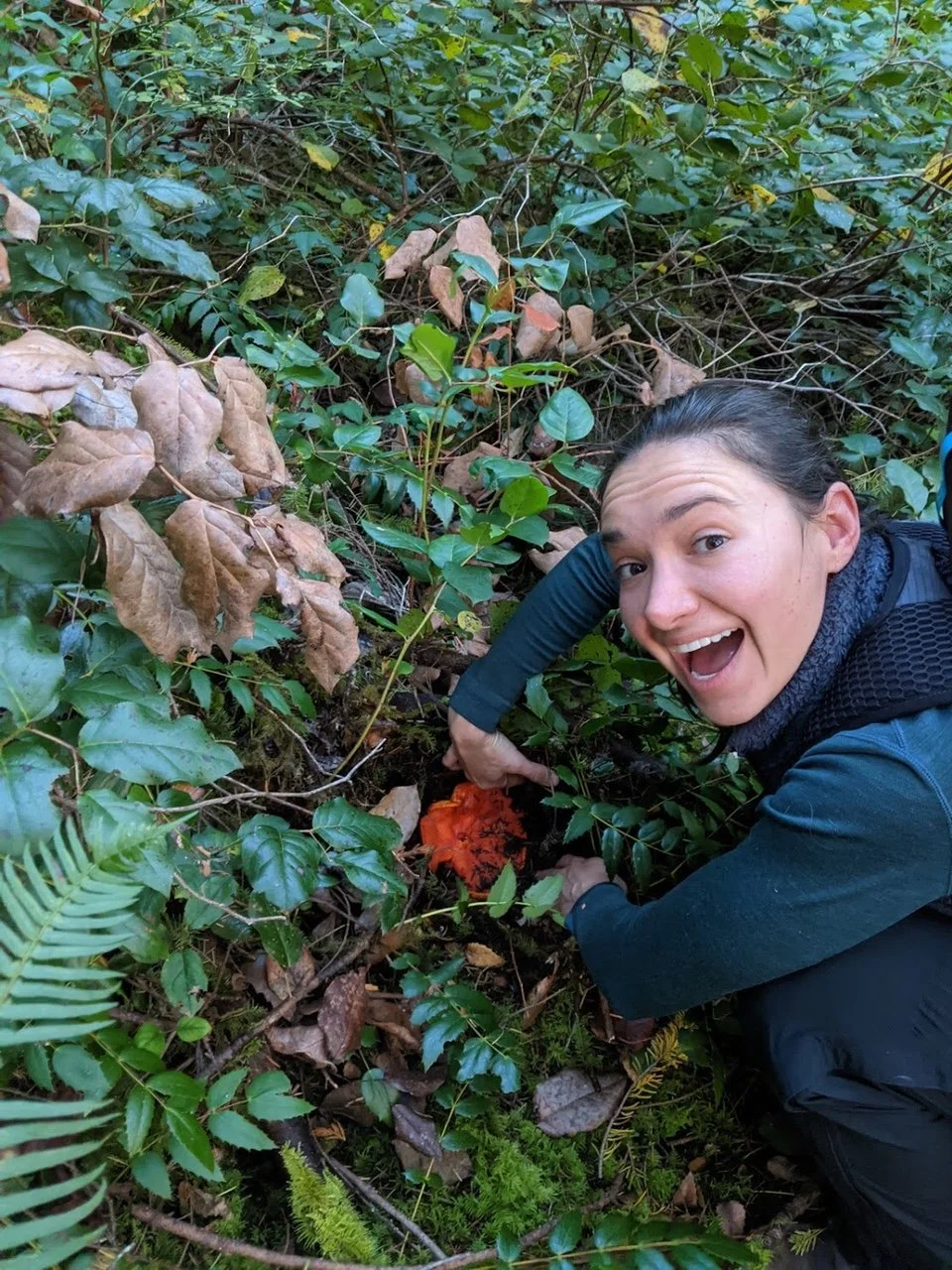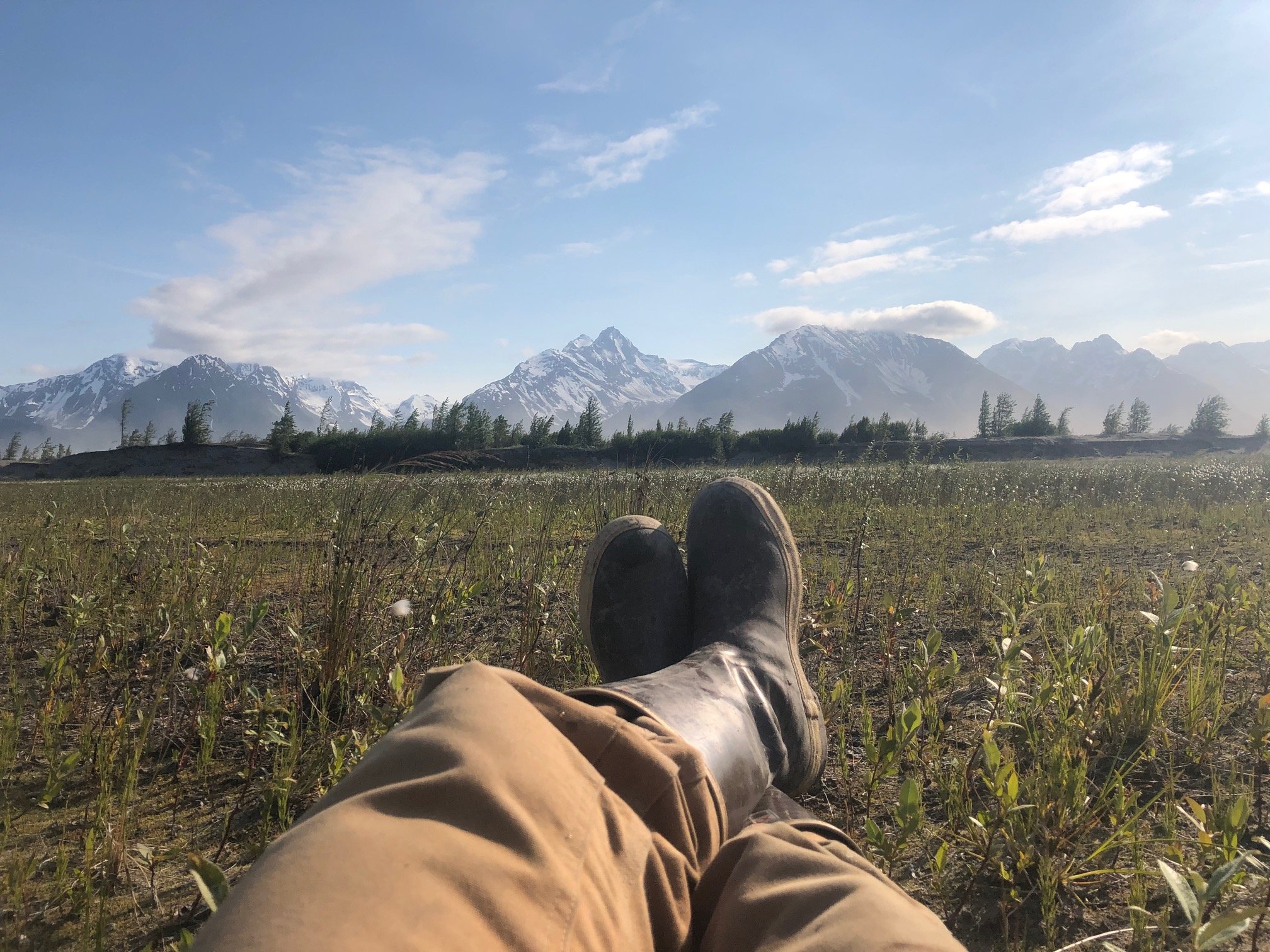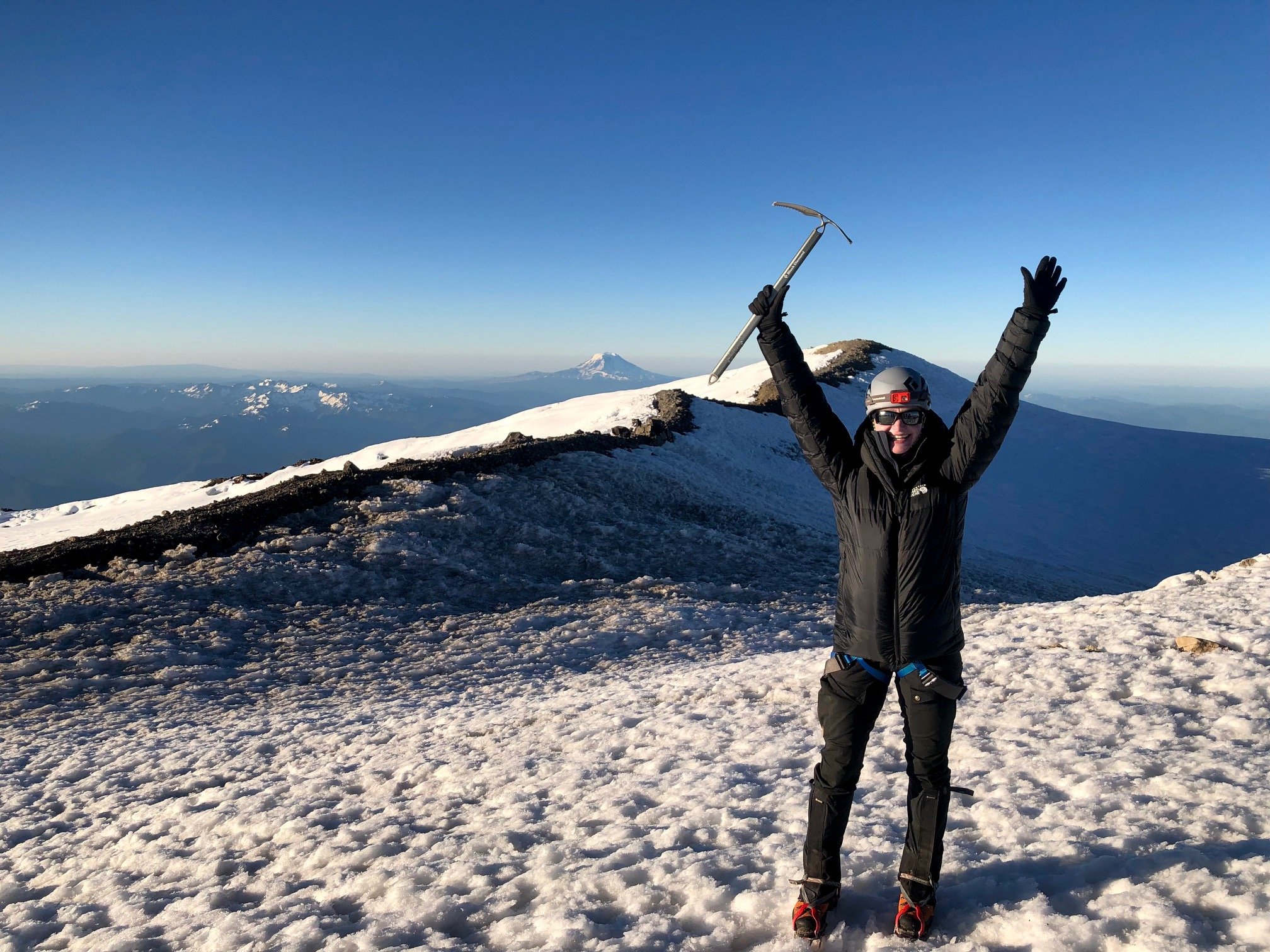/ about
I am a Wisconsin native turned New York City transplant, and after a few years of travel I ended up in Seattle for a PhD program. I earned my undergraduate degree in Environmental Biology from Columbia University in 2016. My undergrad thesis research focused on the ethnobiology of western redcedar (Thuja plicata) where I studied the intersection of perspectives between Indigenous individuals and ecosystem-based foresters in British Columbia. My love for being outdoors coupled with field projects with inspiring crew members opened a career path in environmental research. After working in Antarctica and Alaska, it became clear that I was most passionate about polar regions that are most affected by climate change.
I completed my PhD at the University of Washington’s School of Aquatic and Fishery Sciences under the direction of Dr. Kristin Laidre. For my PhD, I studied the sounds of belugas and narwhals—specifically echolocation—to determine how we scientists can distinguish between them acoustically. By knowing their characteristic sounds, we can deploy underwater microphones year-round in remote regions of the Arctic and be able to identify when and where these animals are present. This allows us to study their habitat-use and behavior. As the Arctic becomes more ice-free due to rising global temperatures, vessel traffic and underwater noise are expected to increase with negative impacts to these whales. By recording underwater sound, we can measure changes to the acoustic marine environment and how Arctic whales are responding.
I also studied the year-round variation in the physical oceanography (salinity and temperature) near glaciers in northwest Greenland. These glaciers and coastlines are the summering grounds for narwhals and are seasonally occupied by belugas during their annual migrations. Learning about the physical properties of these fjords will help scientists understand the dynamics by which the Greenland ice sheet and its marine-terminating glaciers are melting due to climate change.
As a polar ecologist and oceanographer, I use passive acoustics and ocean measurements to study how marine mammals and their environments are rapidly transforming from climate change. I am currently a postdoctoral scholar at the University of Washington Applied Physics Lab and NASA Jet Propulsion Lab. In this role, I conduct oceanographic research for NASA’s Salinity and Stratification at the Sea Ice Edge (SASSIE) mission studying how ocean conditions influence sea ice formation in the Beaufort Sea, north of Alaska.
Outside of my formal research, you’ll find me outdoors hiking, foraging for wild mushrooms, sailing, fishing, and skiing.





